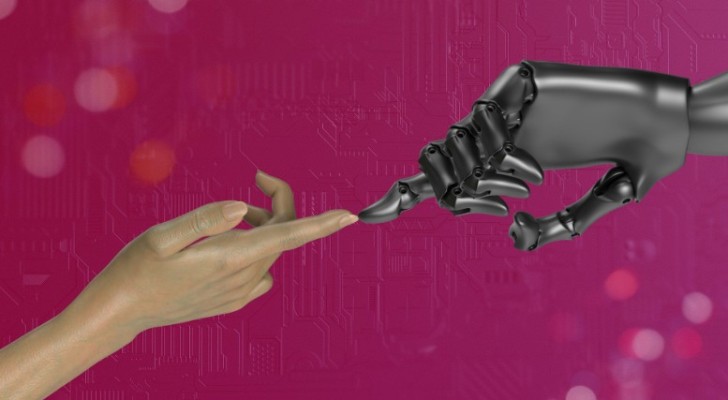AI has already started replacing the work people do. While some may see it as a way to cut down workloads, it’s only a matter of time before it takes over whole industries. How quickly this will happen is up for debate.
In a world where AI can help in many respects, some industries will always need a personal touch. Other industries may be at a greater risk when it comes to the question of what jobs will AI replace.
Paper and Data-Driven Roles
For those who work in offices, there has always been a steady rise in automation. This happened a long time before AI. For example, a simple printer was a way to stop everything needing to be written by hand.
In industries such as law, empathy and human judgment will always be required to fight sensitive cases. However, even personal injury lawyers such as Mighty are utilizing AI to aid its work in various scenarios.
While some industries have long had various aspects of automation, AI has supercharged this growth. This has been especially true with the likes of data entry and report generation. You may have even noticed that a few companies are even integrating AI into customer service.
Modern algorithms can process incredible volumes of data in the blink of an eye. This includes tasks such as cross-referencing spreadsheets to generate insight. Even the most talented and hardest worker can’t compete.
As with these roles, the initial step may be hybrid working, where people work alongside AI to aid in their tasks. When AI no longer needs to be overseen or trained, that may be when these jobs really start to dwindle.
Manufacturing and Manual Labor Jobs
Factory and warehouse workers have long been victims of automation. Robots have been doing a lot of the work for many years now. Alongside this, a lot of products are still handmade, or humans are used in at least one part of the manufacturing process.
The next generation of AI machinery may change this. Traditional robots still need to be programmed, and things can go wrong. AI-powered robots will instead learn to adapt and will be able to create things from only a few simple prompts.
A lot of manufacturing is done by humans, as it will either be too expensive or too difficult to adopt automation. There may be robots in the future that can be highly adaptable to any needs of the business, and not just repetitive tasks.
This may open up other jobs in troubleshooting and maintenance, but blue-collar workers will be at risk. Labor costs are always a huge expense for any large company, and they’ll always be open to ways to reduce those costs.
Transportation and Delivery
This is another industry where robots have already started taking over. Self-driving cars and autonomous delivery drones are already on our roads and in our skies. It has long been debated whether men or women get into the most accidents, but that data will start to include driverless cars as a third option.
It’s not much of a stretch to imagine how self-driving carts will extend into self-driving trucks. Drones will also become bigger, more controlled and capable of carrying larger weights. This will no doubt reduce the need for human drivers.
AI-driven systems will allow deliveries to be made for longer hours. Drones will also be able to take off immediately and fly in a straight line, leading to shorter delivery times. This will make them financially attractive to any logistics provider.
Creative and Content-Based Professions
On the face of it, you may feel as though creativity would be safe from automation. After all, AI can’t feel emotions. In reality, AI is already covering a lot of creative work. Non-opinion pieces can be easily written, and graphics can be made with just a few prompts.
We’ll no doubt soon see a drastic increase in the generation of art and music. It will make jobs in areas such as advertising, writing, and design more difficult than ever. There may always be a desire for human-based content, but AI can easily pick off those low-hanging fruits.
Over the coming years, AI will no doubt take opportunities away but also create them. No matter how advanced AI gets, it can never have a true human experience. Humans are social creatures and surely, there’ll always be a desire to share in that experience.
As employees, it’s important not to be complacent about the future. Looking at ways to upskill and work with AI may be wise. The proverbial genie has been let out of the bottle and it will never go back in. It may be increasingly important to find ways to work with the algorithm or provide experiences and services it can never truly replicate.
 Editorial staff
Editorial staff

 Editorial staff
Editorial staff


